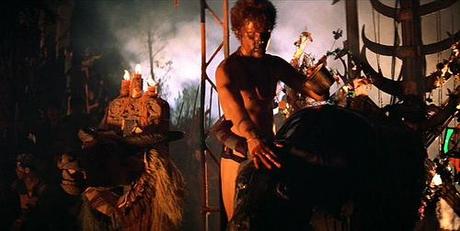He never stopped regretting that Ezinma was a girl.
I feel like gender is a big reason why there are cracks in the Igbo culture. Men are still superior in white European culture in the time this took place, but it wasn’t even close to the abuse that the women faced in the Igbo culture. I’m surprised that Ezinma and other young women in the culture didn’t take to Christianity like Nwoye so they could escape future abusive relationships. The picture attached doesn’t really relate to this annotation but it’s a picture of Ezinma that someone drew that I think is really pretty. 

 The picture I added is an advertisement that is similar to those that women would have seen constantly in this time period, and it made me laugh because its so demeaning.
The picture I added is an advertisement that is similar to those that women would have seen constantly in this time period, and it made me laugh because its so demeaning.